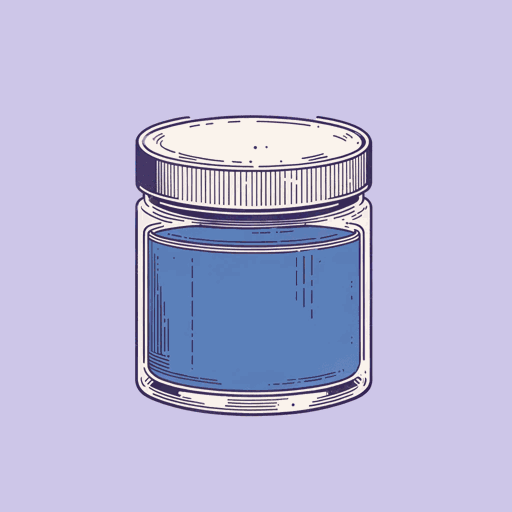53 pages • 1 hour read
Benjamín Labatut, Transl. Adrian Nathan WestWhen We Cease to Understand the World
Fiction | Novel | Adult | Published in 2020A modern alternative to SparkNotes and CliffsNotes, SuperSummary offers high-quality Study Guides with detailed chapter summaries and analysis of major themes, characters, and more.
Important Quotes
Content Warning: This section of the guide describes and discusses the source text’s treatment of death by suicide, mental health conditions, antisemitic violence, pedophilia, and sexual assault.
“Decades before [the Holocaust], Zyklon A—a precursor to the poison employed by the Nazis in their concentration camps—had been sprayed on California oranges, as a pesticide, and used to delouse the trains in which tens of thousands of Mexican immigrants hid when entering in the United States. The wood of the train cars was stained a beautiful blue, the same color that can be seen even today on certain bricks at Auschwitz; both harken to cyanide’s authentic origins as a by-product isolated in 1782 from the first modern synthetic pigment, Prussian Blue.”
(Chapter 1, Page 14)
This quote is exemplary of a key theme: the way that seemingly beneficial scientific discoveries can have unintended negative consequences when weaponized. Sometimes, it takes hundreds of years for these negative consequences to become apparent. The alchemist who developed Prussian Blue, the scientist who isolated cyanide from it, and the developer of Zyklon could not have foreseen the way these discoveries would later contribute to one of the instruments of mass slaughter in the modern era, the Nazi gas chambers of the Holocaust.
“An ingredient in Dippel’s elixir would eventually produce the blue that shines not only in Van Gogh’s Starry Night and in the waters of Hokusai’s Great Wave, but also on the uniforms of the infantrymen of the Prussian army, as though something in the colour’s chemical structure invoked violence: a fault, a shadow, an existential stain passed down from those experiments in which the alchemist dismembered living animals to create it, assembling their broken bodies in dreadful chimeras he tried to reanimate with electrical charges, the very same monsters that inspired Mary Shelley to write her masterpiece, Frankenstein; or, The Modern Prometheus, in whose pages she warned of the risk of the blind advancement of science, to her the most dangerous of all human arts.”
(Chapter 1, Page 19)
This quote highlights how the beneficial fruits of the technological advances of civilization can be intrinsically tied to “violence.” The paintings Starry Night and Great Wave are two of the most recognizable and celebrated works of art in the modern era, but the scientific innovations used to make them also contributed to military technology prefigured by “the uniforms of the infantrymen of the Prussian army.”
“Among the few possessions Fritz Haber had with him when he died was a letter written to his wife. In it, he confessed that he felt an unbearable guilt; not for the part he had played, directly or indirectly, in the death of untold human beings, but because his method of extracting nitrogen from the air had so altered the natural equilibrium of the planet that he feared the world’s future belonged not to mankind but to plants, as all that was needed was a drop in population to pre-modern levels for just a few decades to allow them to grow without limit, taking advantage of the excess nutrients humanity had bestowed upon them to spread out across the earth and cover it completely, suffocating all forms of life beneath a terrible verdure.”
(Chapter 1, Pages 32-33)
The motif of verdure or greenness is introduced in this quote. Fritz Haber is unconcerned about the deaths he causes in wartime, but he is afraid of the excess of plant life that his work on isolating nitrogen could lead to in the future.
Featured Collections
Earth Day
View Collection
Hispanic & Latinx American Literature
View Collection
Historical Fiction
View Collection
National Book Awards Winners & Finalists
View Collection
Philosophy, Logic, & Ethics
View Collection
Science & Nature
View Collection
The Best of "Best Book" Lists
View Collection
The Booker Prizes Awardees & Honorees
View Collection
The Future
View Collection

